When you have no access to municipal sewerage system, the debate between cesspool vs septic tank can become really important.
Handling the wastewater problem on your own is also a good idea when you have a lot of land. In such cases, installing a septic tank can cost a lot less than connecting to the city sewer.
People often use the terms cesspool and septic tank interchangeably, but in fact they refer to two different things. A cesspool is one thing and the septic tank another.
Keep on reading if you are curious about how to tell if you have a cesspool or septic tank. At the end of this article, you will know what is better a cesspool or septic tank.
What is a cesspool?
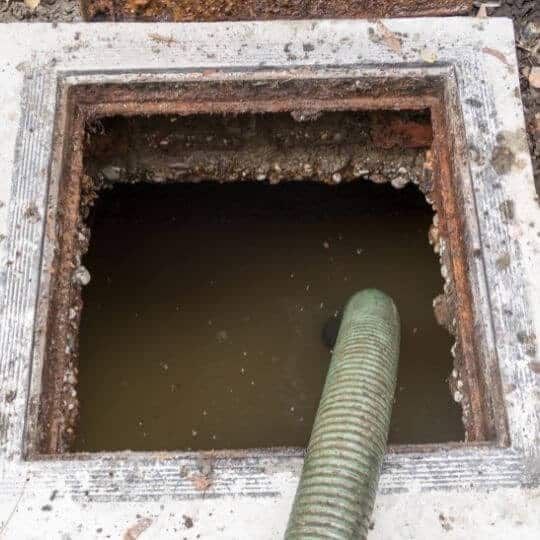
The cesspool is one of the oldest solutions for disposing of human waste. The definition of a cesspool is more or less, a shallow underground system for disposing of sanitary waste.
The structure of a cesspool usually consists of concrete walls with an open bottom and perforated sides. Wastewater enters the cesspool through a drain pipe and percolates out.
An important thing to remember is that cesspools do capture sanitary waste, but do not treat it.
There are multiple types of cesspools being used:
- Large-capacity cesspool – multiple-dwelling cesspool serving more than 20 persons a day; Residential cesspool – cesspool serving multiple residential units;
- Non-residential cesspool – a cesspool used in a non-residential area, usually separated from public access through structural barriers;
- Mixed-use residential and non-residential cesspools – receiving waste from a business in addition to a residence;
- Cesspools that receive other waste than sanitary waste – e.g., from commercial or sanitary processes. [1]
Large-capacity cesspools are currently banned in some countries and states because untreated wastewater from cesspool can contaminate ground water. This means that drinking water sources will contain higher levels of nitrates and coliform bacteria.
So, a cesspool is not an ecological solution to the sanitary waste problem, especially if it has a large size. It may be the cheapest solution to get rid of wastewater, but it will ultimately have a negative impact. Contamination of groundwater affects both the environment and human health.
What is a septic tank?
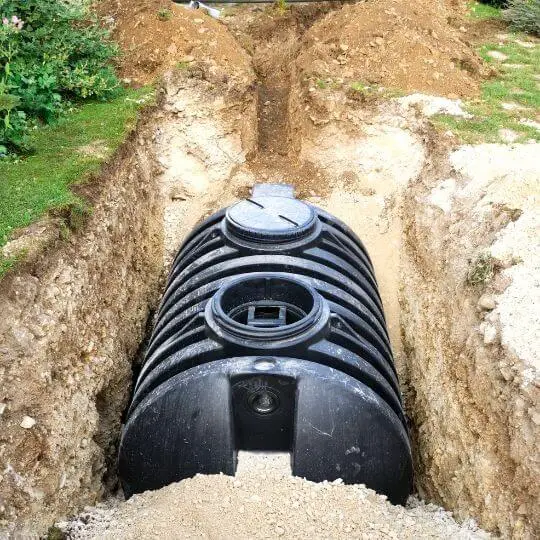
A septic tank is an underground wastewater treatment structure. [2]
Wastewater from bathrooms, kitchen drains, and washing machines is captured in these tanks and treated in a simple manner.
The septic tank is just one part of the septic system. There is also a drainfield, where treated water is absorbed.
Inside the septic tank organic matter is digested and separated into floatable matter, relatively clean wastewater, and solids. The effluent or the liquid is discharged into the drainfield through a series of perforated pipes. The effluent is slowly released into the soil.
There are multiple types of septic systems, some filtering the effluent through sand or other media. The purpose is to remove pollutants such as pathogens and other contaminants. Some advanced systems can even disinfect wastewater before discharging it to the soil.
Wastewater is dissolved inside septic systems due to the presence of bacteria. They leave water clean enough to percolate into the earth without contaminating groundwater. Gravel is placed around the pipes to allow water to flow into soil and oxygen to reach bacteria.
If you want your septic system to work properly, you must take a few precautions and not abuse of it:
- Occasionally pumping the sludge and scum from the tank
- Only flushing human waste and toilet paper as other items take too much time to decompose or can cause clogs;
- Avoiding harsh chemicals and antibacterial soap as they kill the bacteria in the septic system;
- Avoiding parking and driving on the drain field as compacted soil deprives bacteria from oxygen
- Not planting trees and shrubs above the drainfield as roots can damage pipes.
Which is better?
Is there a difference between a cesspool or a septic tank? If you have read the previous lines carefully, you have definitely noticed there is one.
- A cesspool only collects wastewater and sends it untreated in the surrounding soil.
- A septic system, on the other hand, treats the wastewater and prevents contamination of groundwater.
Installing a septic system is a little more work because you have to install the draining pipes. However, treating wastewater is worth the effort because this ensures you a safer and healthier environment around your home.
So, which is better a cesspool or septic tank?
In the cesspool vs septic tank dilemma, the latter is definitely a winner.
Reasons to switch to a septic tank
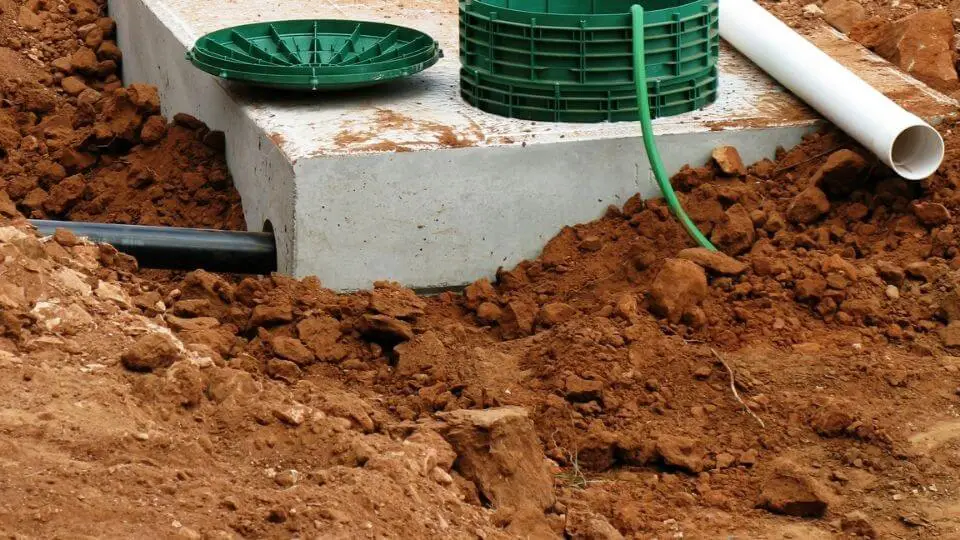
If you have an older house and you are not connected to the municipal sewer system, you are probably using a cesspool.
Switching to a septic tank and creating a septic system comes with some advantages:
- Avoiding the leak of raw sewage into the ground and associated contamination;
- Reducing costs associated with public water bills;
- Lower maintenance as it will need pumping every three years or so;
Benefiting from a long lifespan of your septic tank. A good quality and properly maintained septic tank can last anywhere between 20 and 40 years;Solving problems fast – instead of waiting for the water company to deal with problems, you can call a septic plumbing company;Also dealing with other problems such as rat infestation of an old draining system;Tax incentives – in some areas, homeowners can benefit from tax deductions if they choose to install a septic system.
However, there are also some drawbacks of using a septic system that you should be aware of:
- Taking antibiotics can destroy the bacteria in your septic system. Antibiotics are excreted through human waste and eventually reach your septic tank;
- Tree roots can seep into your septic system, through the smallest crack, looking for vitamins and minerals. If a root clogs the drain, in the worst-case scenario you can have backflow into your home;
- Not being able to flush other waste than human waste and toilet paper. However, this practice is not recommended when using the city sewer neither.
All things considered, switching to septic system is an excellent idea, especially if there are tax incentives. If you care about the environment, you will definitely find more value into a septic system compared to a cesspool.
How to convert cesspool to septic tank
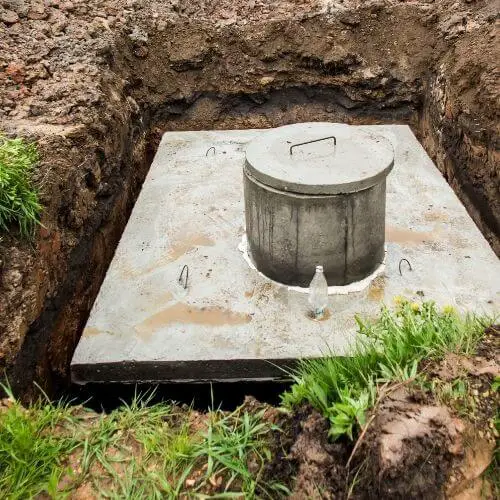
Converting your cesspool to septic tank is not cheap or easy, we need to admit it.
Before starting the process, find out if there are tax incentives applying to your particular case. This could save you thousands of dollars in expenses!
If you decide to do this, you need to know that the main steps are:
- Getting the necessary permits, such a septic tank permit, water rights permit, and access right of way;
- Removing the cesspool, for which you may need some large equipment;
- Installing a septic tank after digging the right hole for it;Constructing the drainage field;
- Hooking up to the septic tank;Covering back the septic tank and leach field;
Disguising the worksite – returfing, planting whatever you like to ensure a beautiful aspect of your yard. This means you cannot actually convert a cesspool into a septic tank. What you can do is replace it with a septic tank and create the pipes system for clean water to percolate the ground.
An alternative: sewage treatment plant
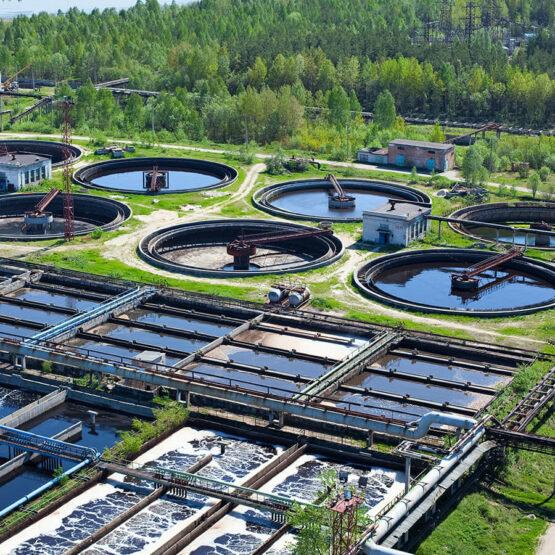
A sewage treatment plant is a superior septic system. The difference between a septic system and a treatment plant is that the former circulate air to encourage the growth of bacteria.
As a result, sewage is broken down more efficiently and the effluent is cleaner and more environmentally friendly.
Sewage treatment plants have a second chamber, fitted with an air pump. This circulates air around the chamber to encourage the growth of aerobic bacteria. More and healthier bacteria means that water contaminants are broken down and you don’t pollute the environment.
Many plants also have an additional tank where settlement of the last solids takes place. After this final stage, effluent can eventually be discharged without the risk of contaminating soil. [3]
Read Also: How To Find a Septic Tank
Cesspool vs Septic tank – End Line
Cesspool vs septic tank is common discussion talk among homeowners. Deciding between the two solutions is simple if you want to keep the environment clean.
A septic tank will slowly release treated water into the soil. A cesspool, on the other hand, will contaminate ground with pathogens and toxic substances. If you grow you own vegetables and fruit in your yard, you definitely need clean, healthy soil. The use of a reliable septic system will also prevent the formation of puddles on your lawn.
Read Next: Can the Septic Tank Be 100 Feet from the House

Michael Davis is a heating & plumbing expert who currently works as independent contractor in SC. He also writes for Plumbertip.
For almost 10 years he worked on various plumbing tasks across South Carolina.



